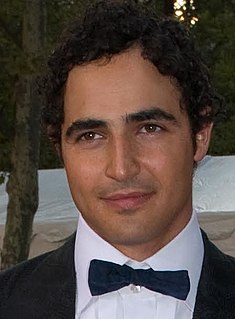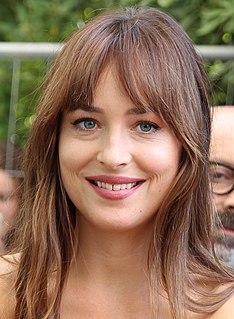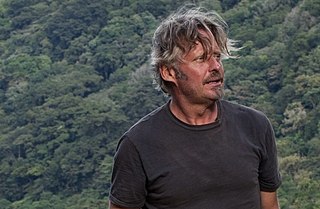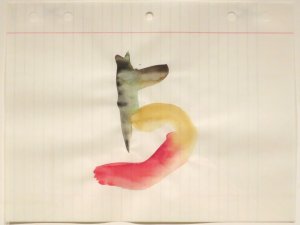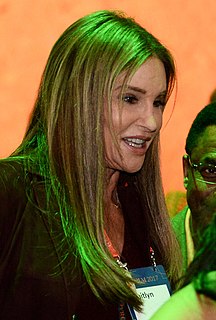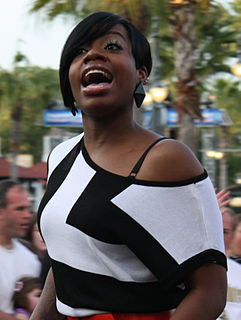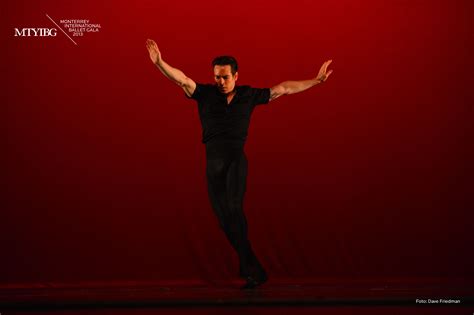A Quote by Zac Posen
I think that maybe growing up and being dyslexic early on, the visual quality of cookbooks specifically was something very enticing to me.
Related Quotes
The idea of being at home and picking up kids from school and cooking dinner and then the husband comes home - there's something that seems really nice to me 'cause I never had that growing up. And it seems so enticing. But in my mind, I'm like, 'Well, I'll just play that in a movie and go about my own life, bizarre as it is.'
If you're going to be a visual artist, then there has to be something in the work that accounts for the possibility of the invisible, the opposite of the visual experience. That's why it's not like a table or a car or something. I think that that might even be hard for people because most of our visual experiences are of tables. It has no business being anything else but a table. But a painting or a sculpture really exists somewhere between itself, what it is, and what it is not-you know, the very thing. And how the artist engineers or manages that is the question.
My favourite stuff is visual, and I always want to work with visual artwork. I think it depends on the person, but for me, photographs of an image of something interesting or inspiring is worth a lot more than words to me. I think every concept I've come up with and turned into films or that will be hopefully become a film comes from images first.
I think guys, because we share a history growing up of being stereotyped, because there are fewer of us in the dance world, that contributes early on to a bond among us. A lot of us share stories of being harassed or teased growing up - there's a certain deep camaraderie that's formed through that shared struggle.
